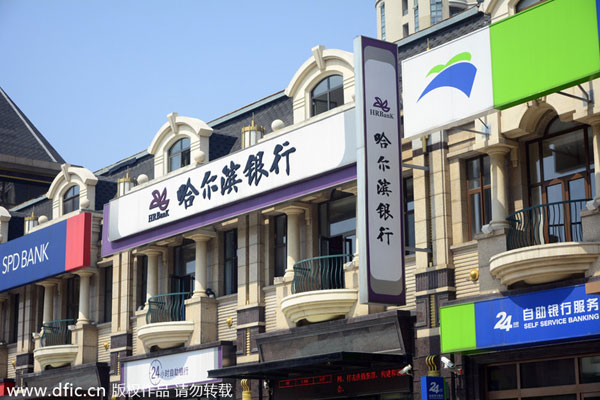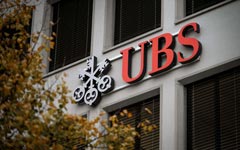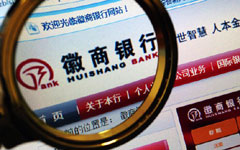Harbin Bank prices $1.1b IPO near bottom of range
(Agencies) Updated: 2014-03-25 16:06
|
 |
|
A branch of Harbin Bank in Dalian, Northeast China's Liaoning province, August 22, 2013. [Photo/icpress] |
HONG KONG - Chinese commercial lender Harbin Bank Co Ltd is set to raise $1.1 billion through a Hong Kong initial public offering (IPO) after pricing the deal near the bottom of a marketing range, in a sign of poor demand for new issues.
The pricing of the deal comes at time when the benchmark Hang Seng index has dropped nearly 7 percent so far this year due to worries about slower economic growth on the Chinese mainland, which also prompted two issuers to delay their Hong Kong IPOs this month.
 |
 |
|
 |
Harbin's fund raising is the biggest in Hong Kong since HK Electric Investments Ltd raised $3.6 billion in January.
Harbin Bank plans to use the proceeds from the deal to improve its balance sheet and support its business growth, including expanding into other regions of China and offering cross border services such as trade finance and foreign exchange into Russia.
The bank bills itself as one of China's largest lenders to small- and medium-sized businesses. It secured $513 million worth of cornerstone investments from seven investors including Fubon Life Insurance and CITIC Capital.
Recently listed financial services companies in Hong Kong have seen their stocks tumble as investors fled the sector on concerns over rising bad debts in the Chinese mainland.
Bank of Chongqing Co Ltd is down 18 percent from its IPO in late October, while Huishang Bank fell 0.8 percent since going public in November. China Everbright Bank Co Ltd has dropped 29 percent since its December listing.
China Cinda Asset Management Co Ltd, which buys bad debts from Chinese lenders and invests in distressed assets, has bucked the downtrend, climbing 22 percent since its December IPO.
ABC International, BOC International and China International Capital Corp (CICC) acted as sponsors of the Harbin Bank IPO, with eight other banks including CIMB, Credit Suisse and Haitong International also hired as joint bookrunners.
The banks stand to earn $22.6 million in fees from the IPO, equivalent to a 1.5 percent underwriting commission and an incentive fee of up to 0.5 percent, according to the prospectus.
- NHTSA says finds no 'defect trend' in Tesla Model S sedans
- WTO rare earth ruling is unfair
- Amway says 2014 China sales may grow 8%
- President Xi in Europe: Forging deals, boosting business
- CNOOC releases 2013 sustainability report
- Local production by Chery Jaguar Land Rover this year
- Car lovers test their need for speed in BMW Mission 3
- China stocks close mixed Monday

















